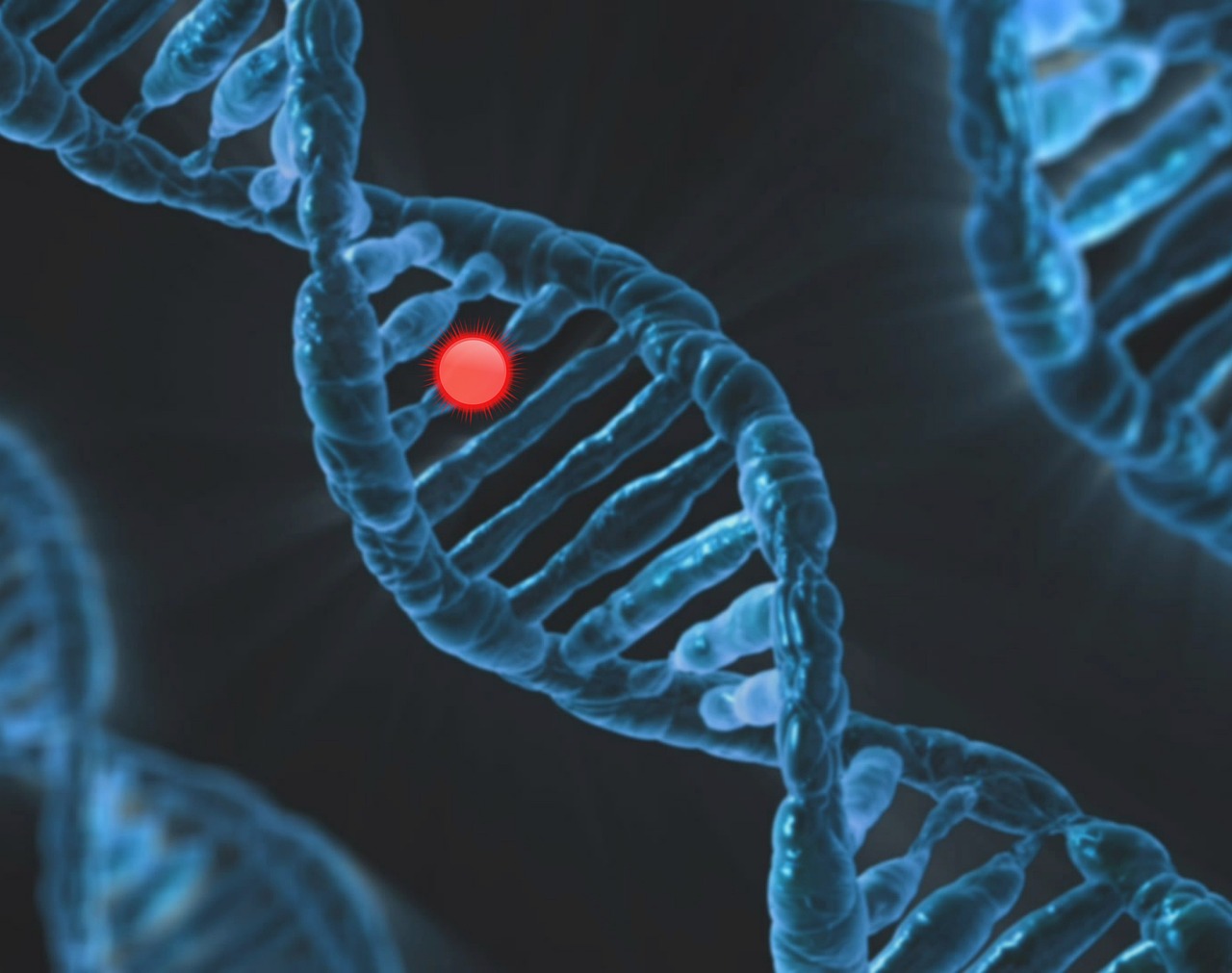
Genetic mutations are changes in the DNA sequence of an organism.
These changes can occur randomly or be caused by exposure to certain environmental factors such as radiation or chemicals. Mutations can be harmful, beneficial, or have no effect on an organism, depending on where they occur in the genome and what changes they cause. Some mutations can lead to genetic disorders, while others can contribute to genetic diversity and evolution. Genetic mutations are the driving force behind evolution, shaping the diversity of life on Earth. These mutations, alterations in the DNA sequence, can have both advantageous and disadvantageous effects. Understanding these effects is crucial in fields such as biotechnology and medicine, where manipulating genetic material holds immense potential.
The Basics of Genetic Mutations
Genetic mutations can arise spontaneously or be induced by external factors such as radiation, chemicals, or viruses. They can occur in somatic cells, affecting only the individual, or in germline cells, potentially affecting future generations.
Advantages of Genetic Mutations
1. Evolutionary Adaptation: Mutations provide the raw material for evolution, allowing species to adapt to changing environments. Beneficial mutations, such as those that confer resistance to diseases or increase reproductive success, are naturally selected over time.

2. Genetic Diversity: Mutations contribute to genetic diversity within a population, which is essential for the long-term survival of a species. This diversity increases the chances of a population's ability to adapt to new challenges.
3. Biotechnological Applications: In biotechnology, mutations are used to create genetically modified organisms (GMOs) with desirable traits, such as increased crop yield, pest resistance, or enhanced nutritional content.
4. Medical Advances: Mutations play a crucial role in understanding and treating genetic disorders. They help researchers identify disease-causing genes and develop targeted therapies, such as gene editing techniques like CRISPR-Cas9.
Disadvantages of Genetic Mutations
1. Disease and Disorders: Mutations can lead to genetic diseases and disorders, such as cystic fibrosis, sickle cell anemia, and certain types of cancer. These mutations can be inherited or occur sporadically.
2. Population Vulnerability: While genetic diversity is generally beneficial, certain mutations can make populations more vulnerable to environmental changes or diseases. In small populations, harmful mutations can become more prevalent.
3.Ethical Concern: The use of genetic mutations in biotechnology raises ethical concerns, particularly regarding GMOs and gene editing in humans. Questions about safety, equity, and the long-term impact on ecosystems and society remain unresolved.
4. Unintended Consequences: Genetic modifications can have unintended consequences. For example, in agriculture, the introduction of GMOs can lead to the development of resistant pests or environmental damage due to increased pesticide use.
Conclusion
Genetic mutations are a double-edged sword, with both advantages and disadvantages. While they drive evolution and have the potential to revolutionize biotechnology and medicine, they also pose risks to individuals, populations, and ecosystems. Understanding the complexities of genetic mutations is crucial in harnessing their benefits while mitigating their drawbacks. As we continue to unlock the secrets of the genetic code, responsible research and ethical considerations must guide our use of this powerful tool.



You must be logged in to post a comment.